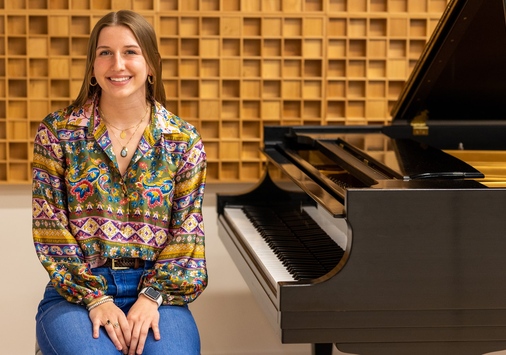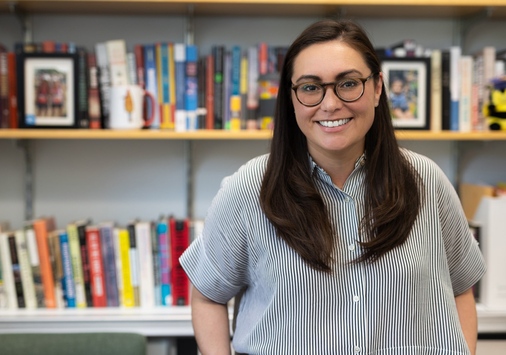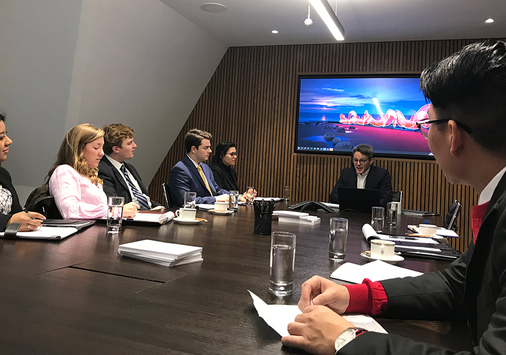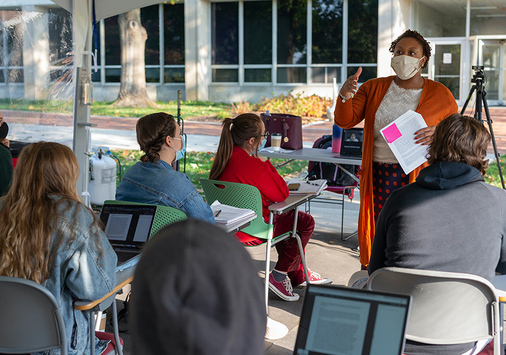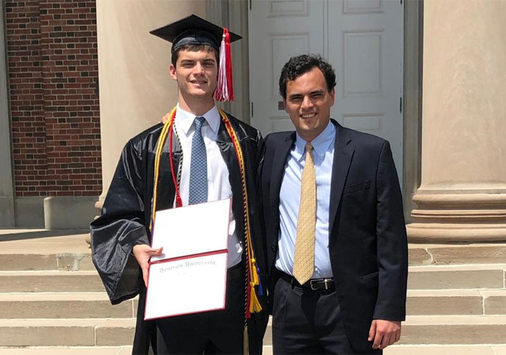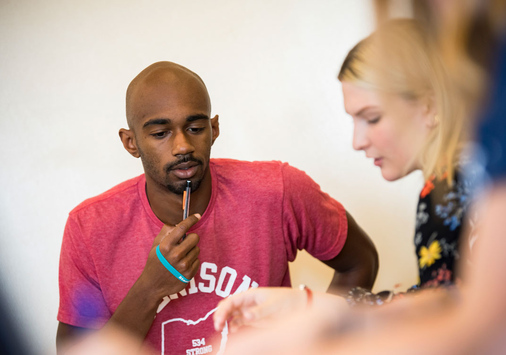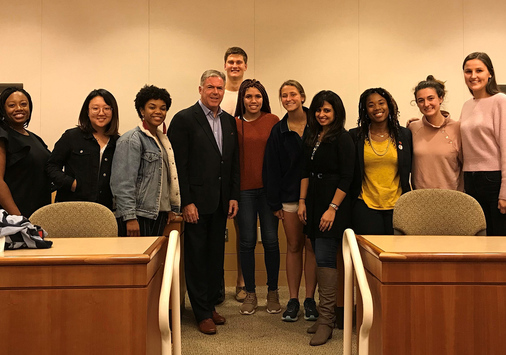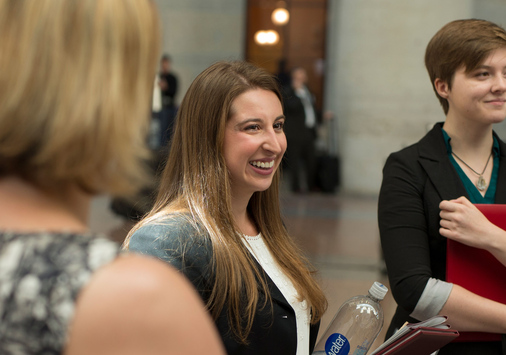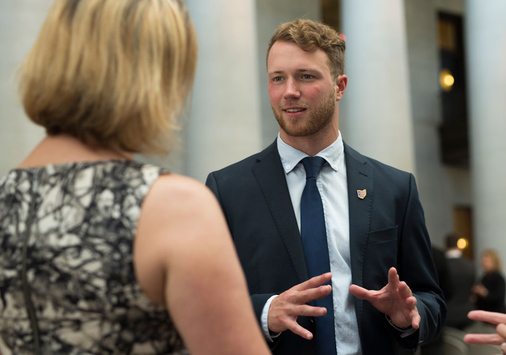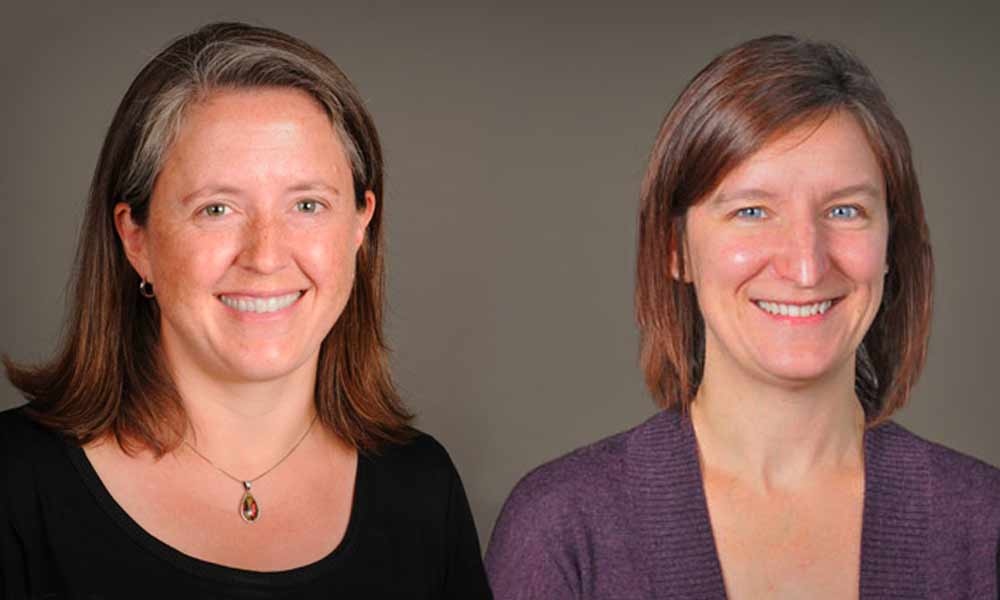
Building Denison’s Global Commerce major has provided many opportunities for learning and experimenting. As Director and Associate Director of the program, Karen Spierling and Jane Palmer have worked to develop a departmental environment that is centered on effective and supportive teamwork.
In November 2020, they shared some of the lessons they’ve learned in an essay for Inside Higher Ed, which included these key points:
“As the director and associate director of a new major called Global Commerce, which is built around integrating our curricular and co-curricular programming, we have had the opportunity to implement an effective model of teamwork at our institution: one not imposed by higher-level administrators but developed as a result of our own collaboration, experience and realization that the innovative aspects of this program could not be achieved unless we could create collaborative, teamwork-minded professional relationships within the program and across our campus….
“As the first academic program on our campus to have both a faculty director and a nonfaculty assistant director for co-curricular programming, the success of the major has depended on the two of us creating a peer-to-peer working relationship. The traditional approach of faculty existing higher in the academic hierarchy was not going to fly in a program dependent on collaboration that crosses traditional boundaries. Building this collaborative relationship has required clear and constant communication, reliability on both sides and trust.
“Constructing that working relationship carefully and intentionally has allowed us to then reach across campus and build connections more broadly across faculty-administrative boundaries. In doing this work, we have identified three key [practices] that have contributed to our success.
“No. 1: Respect and validation. While this may sound trite, the interpersonal issues mentioned above often come down to a lack of respect — or perceived lack of respect — between colleagues. Building a campuswide team requires communicating your respect for other people’s time, skills and role in the overall project. That has to be communicated clearly and consistently, whether in person, in emails or on social media.
“No. 2: Persistence. Building such relationships across established boundaries and walls requires patience, determination and sometimes creative thinking to find the best way to connect with individuals and offices not accustomed to working with either faculty or administrators. That means thinking carefully about transparent and persuasive communication. And it means not giving up if the first attempt does not go as planned.
“No. 3: Consistent focus on all the necessary elements of the big picture. As we build each new part of the program, we take the time to think through all the various tasks and offices needed to achieve our goal, as well as the potential impacts across campus. What are we offering, and what are we asking?
“Given the existing, entrenched ways of doing and seeing things, and of viewing one another, changing the culture of an entire university can take a very long time, even when a crisis situation seems to call for immediate change. But transforming a particular element of that culture — for example, the working relationship between faculty and nonfaculty administrators and staff — has the potential to happen faster, if it is a top priority for leaders at the departmental/administrative programs level.”

